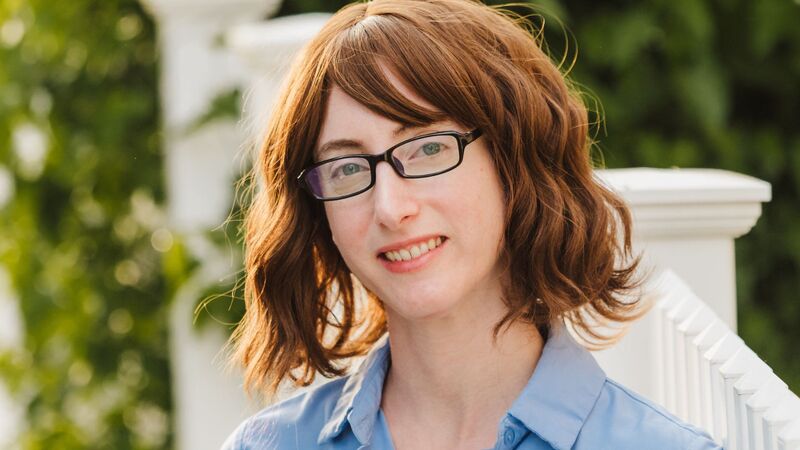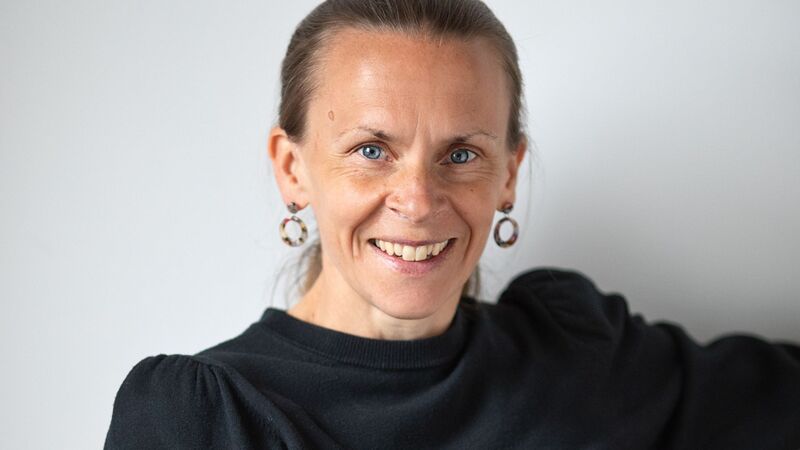You are viewing your 1 free article this month. Login to read more articles.
Rosoff slams government for 'assault on childhood'
Award-winning children’s author Meg Rosoff has slammed the UK government for failing children and discrediting the creative arts in a stinging attack.
While accepting the internationally-recognised £430,000 Astrid Lindgren Memorial award for her writing in Sweden this evening (30th May), Rosoff denounced the government’s exam-heavy approach to education, its dismissive attitude towards books, art and music and for the wide-scale closure of libraries under its watch.
David Cameron’s government’s approach to young people is tantamount to an “assault on childhood,” Rosoff declared.
Speaking at a ceremony in Stockholm, she said: “I have met too many children who cut themselves with razors, starve themselves, who suffer depression and anxiety, who believe what the government tells them - that nothing is more important than exams. That art and music and books will not help them make money. That it is OK to close libraries and do away with librarians.
“It is no wonder that teachers in the UK are quitting in record numbers. It has become a joyless profession. Learning has become joyless as well, and students are not able to quit. In Britain we are experiencing, quite literally, an assault on childhood.”
Rosoff also went on to raise concerns about the effect of the migrant crisis on children, while praising Sweden’s approach to it. She said Swedish Pippi Longstocking author Lindgren, who died in 2002, and who the award is named after, was right when she said: “Everything great that ever happened in this world happened first in someone’s imagination.”
“I have been thinking about children a great deal this year, about the ones who live in tents in Calais, who have traveled alone from Syria, and the ones who have died trying…About children whose lives are ruined and traumatised by what adults decide is worth fighting over,” Rosoff said.
“Someone in Sweden imagined that you could accept 6,000 refugee children into your schools, and that it would somehow be OK. That you could encourage writers for children, and even, for a week, treat them like rock stars. Someone thought that librarians and teachers were as important as bankers and lawyers. Maybe it was because someone had the idea that without the imaginations of children, there would be no hope for humanity.”
Rosoff added that she was “so honoured” to be the recipient of the Astrid Lindgren Memorial award for 2016 and that she “kept waiting for it to sink in, to become normal, and it keeps leaping up to astonish me again”
“It is an enormous responsibility to carry on the work that Astrid Lindgren began,” she added. “I am not only grateful for the recognition this prize brings, but for a country that puts such tremendous value on children’s books and children’s imaginations…I will do my very best to be worthy of it.”
The Astrid Lindgren Memorial Award (ALMA) is the world's largest award for children's and young adult literature, handed out annually to a single laureate or to several. Authors, illustrators, oral storytellers and reading promoters are eligible for the award, which is designed to promote interest in children's and young adult literature.
Rosoff was named as the winner in April this year, beating off competition from over 200 entrants, including Jacqueline Wilson, David Almond, Raymond Briggs, Patrick Ness and Neil Gaiman and illustrators Michael Foreman and Oliver Jeffers.
At the time, the jury said Rosoff’s novels, which include How I Live Now and Picture Me Now (Penguin Random House), “speak to the emotions as well as the intellect”.
They added: “In sparkling prose, she writes about the search for meaning and identity in a peculiar and bizarre world. Her brave and humorous stories are one of a kind. She leaves no reader unmoved… Like Astrid Lindgren, Rosoff empathises completely with young people and is utterly loyal to them.”
She is the second UK-based author to have won the award, the first being Philip Pullman who was honoured in 2005.
Helen Sigeland, director of the Astrid Lindgren Memorial Award, added: “The Award is a reading promotion project aimed at making literature travel, to make translated literature accessible for young readers all over the world. Children’s literature has the ability to encourage understanding and exchange between cultures and people. Young people’s access to literature is a precondition for democracy and openness.
“We want the laureates to be translated into many languages. Children – just as any other reader – need to be in touch with literature from other parts of the world than their own.”

















